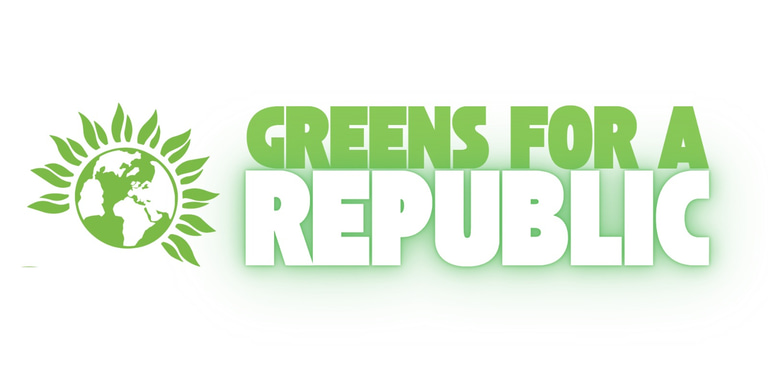The Further You Go, the Funnier It Looks: Britain and the Monarchy from Afar
Brits who have lived abroad describe something that is actually very common among people who’ve lived abroad for a long time and then returned home.
11/11/20252 min read
It’s sometimes called “reverse culture shock”, but it goes deeper than that — it’s not just missing food or customs. It’s a shift in consciousness: you’ve acquired new perspectives, and now you can’t “unlearn” how to see your home country through different eyes.
1. You’ve lived outside the “cultural water”
There’s a saying from anthropology:
“The last thing a fish would discover is water.”
When you live inside a culture your whole life, its assumptions — about class, race, gender, work, hierarchy, decency, success — feel natural, not constructed.
Living abroad, you suddenly experience a different “normal.” You see that:
- Many things you thought were universal are actually local habits or ideologies.
- Other societies organise community, power, or empathy in completely different ways.
-When you come home, the “water” you grew up in now feels visible — and sometimes toxic e.g the system of monarchy and inherited privilege.
2. You’ve developed what sociologists call a “comparative lens”
You now compare everything:
How people treat each other.
How the media frames issues.
How power and inequality are justified.
Even how public spaces feel.
You can’t switch that off.
People who haven’t left often don’t have that contrast, so they can’t see the underlying patterns — because for them, those patterns are the world.
3. You’ve gone through a perspective shift, not just a location shift
Living abroad changes your cognitive wiring in subtle ways:
You learn to see multiple truths coexisting.
You experience your own country as an outsider — which is both freeing and disorienting.
You become aware of how much culture shapes values and emotions.
That shift doesn’t reverse.
Once you’ve stepped outside your society’s myths, coming back feels like watching a film you used to believe was real.
4. Why others “can’t see” what you do
Not because they’re ignorant or unwilling — but because seeing requires distance.
They’re still immersed in the same narratives, institutions, and rhythms that once felt normal to you.
Their identity is tied to the system — questioning it feels like questioning themselves.
And, crucially, comfort discourages reflection: it’s easier to adapt than to critique.
You, on the other hand, have lost the comfort of belonging — but gained clarity.
You now see the seams in the social fabric that others mistake for solid cloth.
5. Why it feels isolating
You may feel:
Disillusioned (“Were monarchists always this shallow? Was the BBC always this sycophantic?”)
Alienated (“No one else is noticing these abuses of power.”)
Angry or restless (“Why do people accept this? The royals in dress up look ridiculous!”)
That’s because your frame of reference has widened, but the social environment hasn’t changed with you.
It’s a kind of intellectual homesickness — missing not a place, but a shared perspective.
6. What to do with that awareness
1. Stay curious, not cynical.
It’s easy to let the clarity turn into bitterness. Try to stay in observation mode — “Why do people accept this?” instead of “They’re blind.”
2. Find or create spaces for critical conversation.
Look for groups, writers, or communities (local or online) who think internationally or question national narratives e.g republican groups.
3. Integrate your experiences rather than reject your home.
Your insight is a gift, not a curse — you can use it to see how things could be better, not just how they’re broken.
4. Recognise the emotional aspect.
Reverse culture shock is grief: grief for the simplicity of your old worldview and for the feeling of belonging.
That feeling does fade as you integrate your new and old selves.
You’re not “too critical” — you’re just more awake than before.
And that awareness is precious, even if it feels lonely at times. It’s what allows you to engage with your country — or any system — from a place of honesty rather than automatic belonging.
The good news is that Britain is slowly waking up. Support for monarchy has dropped below 50%, more politicians are speaking up and out against it, and protests get bolder.
